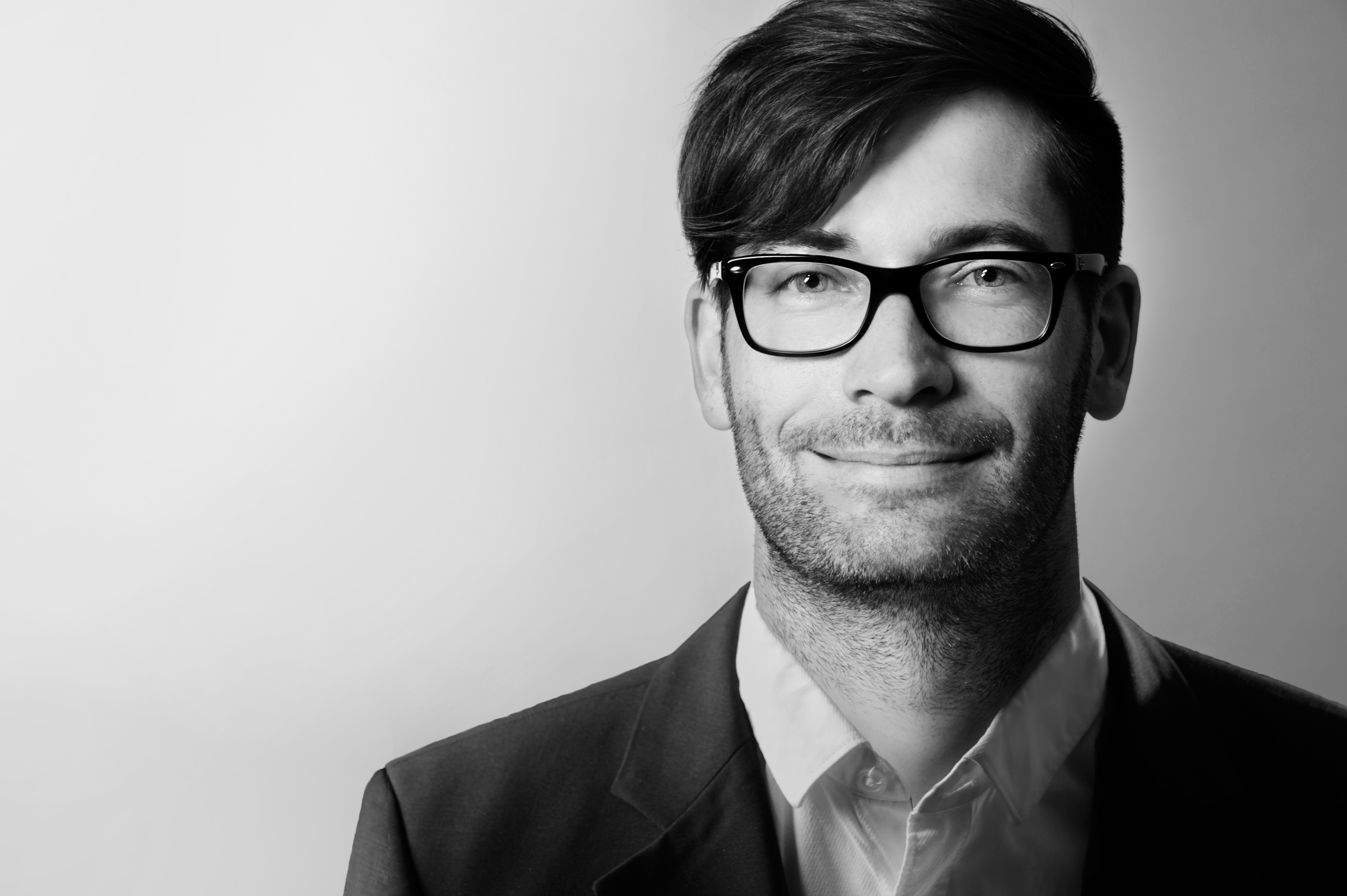Preview2017 - "Prosperity and decarbonisation not mutually exclusive"
Clean Energy Wire: Which topics will dominate German energy and climate policy in 2017? Could you please name the main issues and the related events, decisions and developments you think will dominate these policy areas?
Frederik Moch: 2017 will almost certainly be dominated by the impending Bundestag election and the consequent question, which issues will have to be tackled in the next legislative period. Implementing the Climate Action Plan will play a central role here. For us, it’s important that implementation is combined with a just structural transition. Prosperity and decarbonisation must not be mutually exclusive. The necessary changes require acceptance throughout society. Climate policy must not lead to fear and loss of perspectives, but should show the path to new opportunities and new perspectives.
We want to make a good example for other countries and globally induce actions on sustainability. That's why we need an assessment of social and economic implications first. Consequences of the climate targets have not been thought through yet. Climate protection policies need a broad approach and have to consider ramifications for the job market. The DGB therefore calls for coupling climate targets with employment targets. It’s about jobs and decent working conditions. We need more qualitative growth.
A cornerstone for that is an industry that is fit for the future, which in Germany starts with energy-intensive primary industries and is based on complete value creation chains. A strong industry with its talent for solving difficult tasks can make a decisive contribution to mastering challenges of the future. We therefore call for an active energy and industrial policy that sets the framework for supporting innovations along the value creation chain within Germany.
CLEW: Which are the most pressing energy and climate policy issues for Germany to work on in 2017? What do you think are the chances of these issues being tackled, and what obstacles do you see?
FM: A key topic is financing the Energiewende. I want to make clear that we don’t want to have a cost debate but rather an answer to the question of how we secure necessary investments in energy transition in a way that is more socially equitable and ensures affordability for all customers. Things clearly are in disorder in this respect.
For instance, the EEG surcharge now has a regressive effect, meaning that those who have a low income pay disproportionally more for it. The DGB explicitly calls for making greater use of the federal budget for financing the Energiewende. This will lead to more justice because higher incomes make a larger contribution. An Energiewende fund, which refinances R&D costs for renewable energy sources, could be a good starting point for that. The EEG surcharge would be lowered and customers relieved this way at least in the short run.
We believe that funding the learning curve for renewables through the power price is wrong. It also leads to the common assumption that installing new renewable energy capacity still is very expensive. That’s not the case. Talking about funds, we should also consider whether the infrastructure, meaning the power grid, could receive more financial means from the federal budget.
CLEW: Which energy and climate policy related development was particularly positive in 2016 in your opinion, and which was rather disappointing? What needs to happen to prevent such disappointment – or to continue the positive developments?
FM: The past year has seen a number of problem areas in energy and climate policy receiving more attention. We appreciate the fact that an acceptable consensus has been found for financing the nuclear exit. It has been a tough decision for all parties involved but it will help settle a major social conflict that has been around for decades. We wanted to make sure that also the voices of affected workers in nuclear plants are heard. This is a good example how change can be managed together with the workforce, even if that’s not very easy of course.
We have mixed feelings towards the Climate Action Plan 2050 and also towards the preceding participatory process. It’s a good thing that there has been a public debate first and we now have a clear perspective for the different sectors of our economy. But it remains unclear how we are going to get there and which social and economic consequences will be associated with implementation. As I said, there’s still a lot of work to do here!

